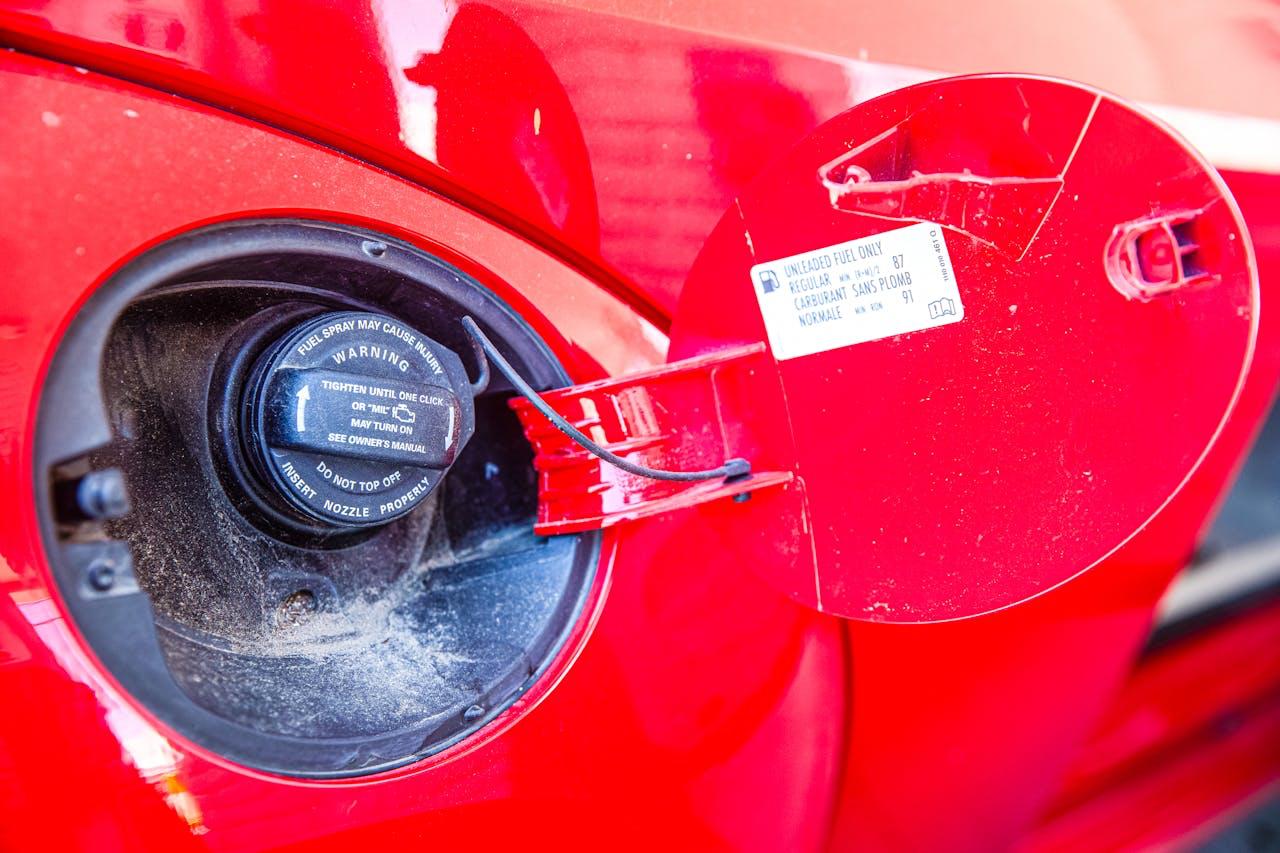Water buildup in a diesel fuel tank can lead to a myriad of problems, from engine performance issues to corrosion and fuel system damage. If you use diesel fuel, it’s critical to understand how water enters your fuel tank and the precautions you may take to keep it out. This comprehensive guide will explore effective strategies to prevent water buildup in your diesel fuel tank, ensuring the smooth and reliable operation of your diesel-powered vehicles and equipment.
Regular Tank Inspections
Regular inspections of your diesel fuel tank are essential for identifying and addressing potential water buildup issues before they escalate. Begin by visually examining the tank’s exterior for any indications of rust, corrosion, or other deterioration that might compromise its structural integrity and allow water infiltration. As these parts are vulnerable to leaks and moisture infiltration, pay close attention to seams, welds, and access points like filler necks and vents.
Check the inside of the tank as well for any indications of water buildup, such as condensation or standing water. Remove any water from the tank and take care of the underlying issue, which might be a broken vent, a defective seal, or improper tank upkeep procedures.
Maintaining Proper Tank Ventilation
Proper tank ventilation is crucial for preventing water buildup in your diesel fuel tank, as it helps equalize pressure inside the tank and reduce the likelihood of condensation. Make sure that nothing is obstructing the airflow into and out of the tank by keeping the vents free of debris. To keep adequate ventilation, check vent caps and screens for damage or obstructions and replace them as necessary.
To further prevent moisture intrusion and remove impurities from entering the air, consider adding vent filters or desiccant breathers. In addition to preventing water accumulation, proper tank ventilation enhances fuel quality and increases its lifespan.
Using Fuel Additives
Fuel additives can be effective tools for preventing water buildup in your diesel fuel tank and improving overall fuel quality. If there is water in the fuel, consider adding a diesel treat additive that has corrosion inhibitors and water dispersants to help break it up and keep it from collecting in the tank. Diesel treatment additives lessen the possibility of performance problems and engine damage by enhancing fuel stability and combustion efficiency. Choose a reliable product that complies with industry regulations and is appropriate for the type of diesel fuel you use when choosing a diesel treat additive.
Proper Fuel Storage Practices
Proper fuel storage practices are essential for preventing water buildup in your diesel fuel tank, especially during periods of inactivity or storage. To reduce exposure to moisture and impurities, store diesel fuel in clean, airtight tanks or containers. Make sure that the location of storage tanks are dry, well-ventilated, and away from moisture sources, including humidity, groundwater, and runoff from the rain.
Regularly check fuel levels and top off tanks as necessary to reduce the amount of airspace where condensation can occur. To maintain ideal fuel temperatures and reduce the chance of condensation during temperature swings, consider adding insulation or tank heaters.
Preventing Fuel Contamination
Preventing fuel contamination is essential for maintaining the integrity of your diesel fuel tank and preventing water buildup. Maintain clean, clear, and leak-free fuel storage spaces to prevent contaminants from entering the fuel supply. To reduce the possibility of replenishing or storing your diesel fuel tank with water or other pollutants, use clean, dry fuel transfer equipment and filtering systems.
Examine fuel distribution systems, like hoses, pumps, and nozzles, for damage or leaks that may affect the quality of the fuel. Furthermore, keep in mind that combining various fuel grades or types might cause instability and chemical reactions in the fuel that could encourage the accumulation of water.
Regular Fuel System Maintenance
Regular maintenance of your diesel fuel system is essential for preventing water buildup and ensuring optimal engine performance. Fuel flow restrictions and blockages can trap water in the system; to avoid these, inspect fuel filters often and replace them as advised by the manufacturer. To get rid of any built-up water in the fuel system, periodically drain the fuel and water separators in order to avoid water intrusion and inspect fuel lines, fittings, and connections for leaks or damage. Take quick action to fix any problems found. Additionally, monitor fuel system components such as injectors, pumps, and seals for signs of wear or corrosion that could indicate water contamination.
Conclusion
Preventing water buildup in your diesel fuel tank is essential for maintaining fuel quality, preserving engine performance, and prolonging the lifespan of your diesel-powered vehicles and equipment. You can successfully reduce the danger of water buildup and related issues by implementing frequent tank inspections, keeping up with tank ventilation, utilizing fuel additives, storing fuel properly, preventing fuel contamination, and performing routine fuel system maintenance. With proper preventive measures in place, you can keep your diesel fuel tank free of water buildup and enjoy smooth and trouble-free operation on the road or in the field.




